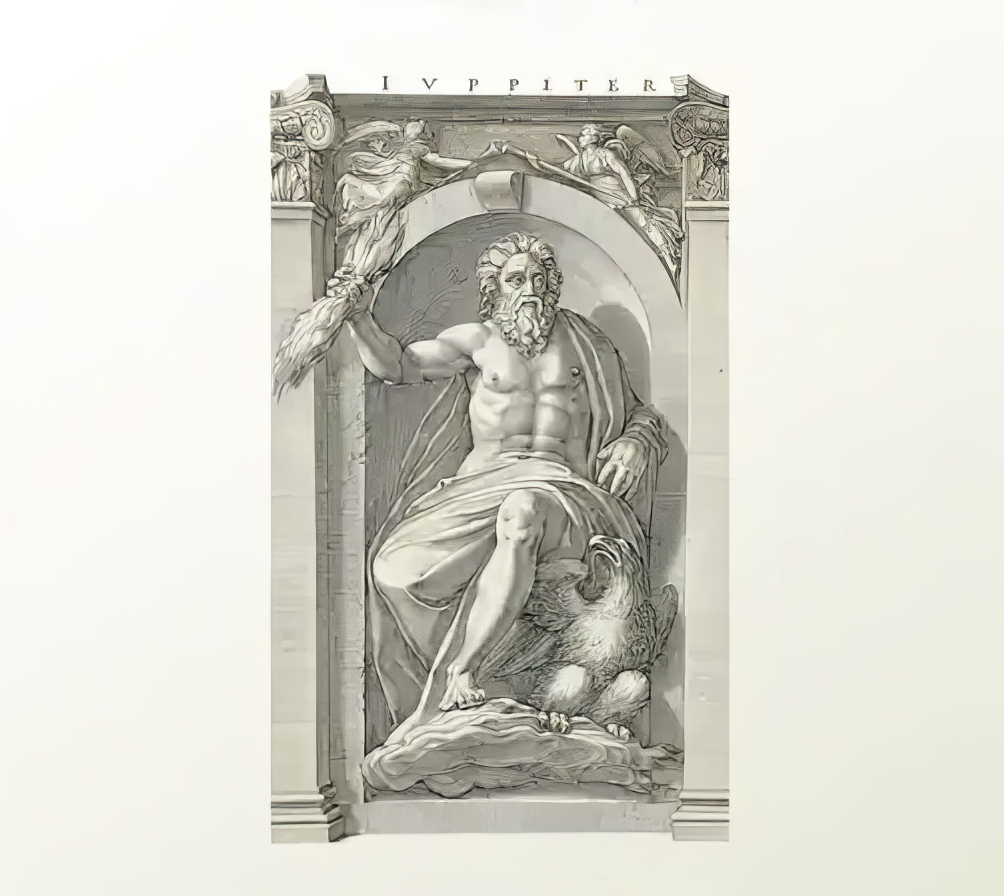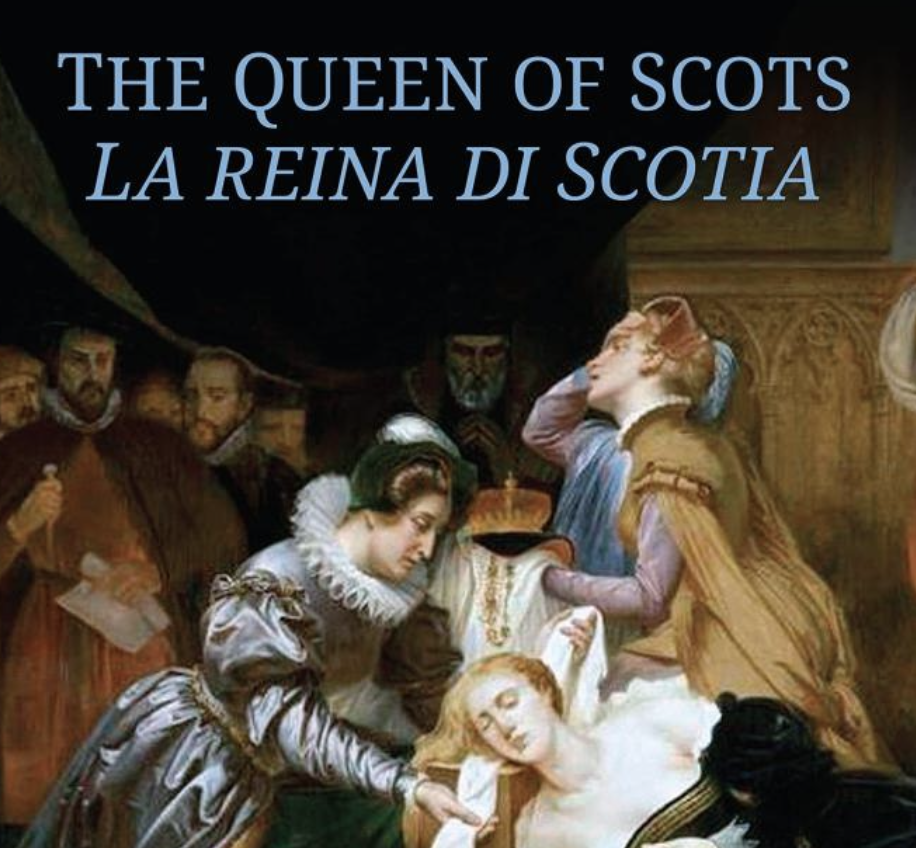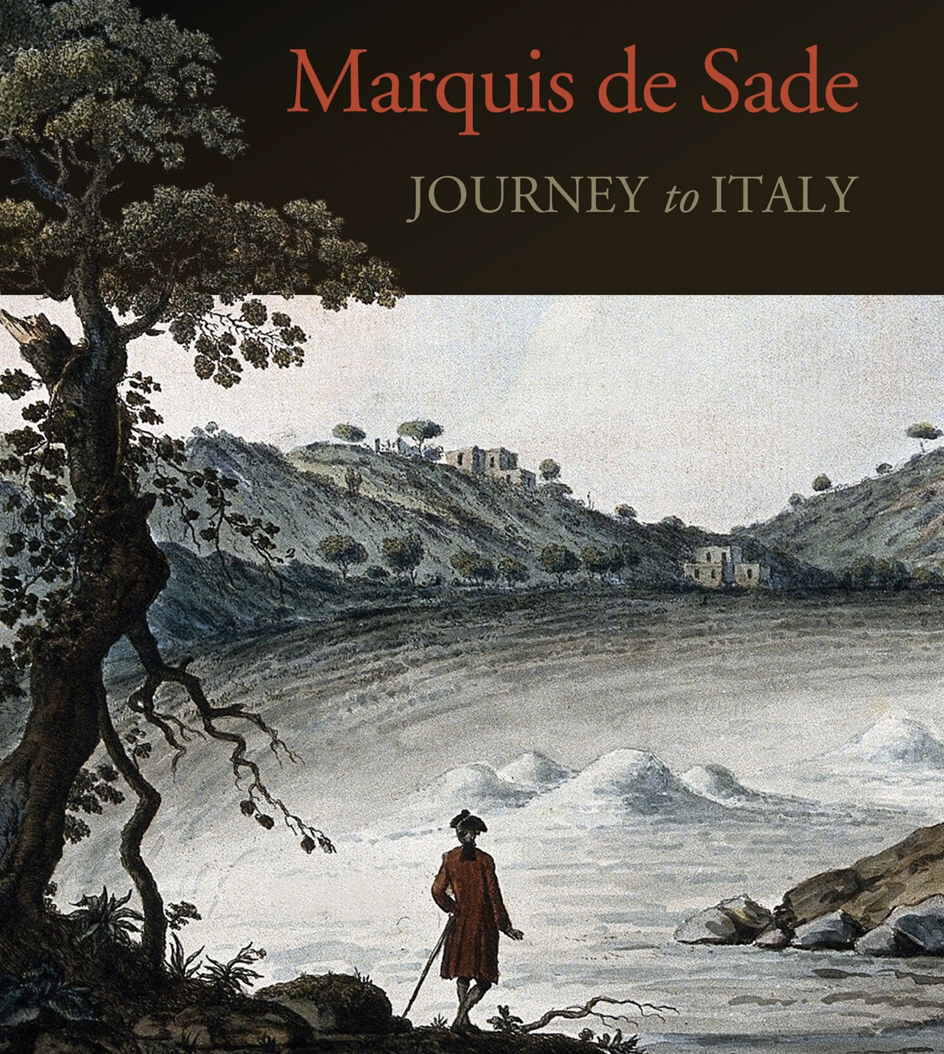Books & Publications

The Expulsion of the Triumphant Beast: Spaccio della bestia trionfante
The Expulsion of the Triumphant Beast,” penned by Giordano Bruno in 1584, is a seminal work dedicated to Sir Philip Sidney that delves into moral reform through allegorical storytelling, where ancient myths are imbued with new, critical meanings. This edition, which aligns closely with the original held in the British Library, offers a text that balances Bruno’s unique linguistic style with modern readability, complemented by a contemporary English translation. Hilary Gatti’s introduction provides context, highlighting Bruno’s method of blending drama, philosophy, and religion to explore the eternal conflict between good and evil.

The Queen of Scots
From the moment of her spectacular death on the scaffold, the story of Mary Queen of Scots became nothing short of a sensation across Europe. She was executed on 8 February 1587, and her death was the climax of a captivity that lasted over eighteen years. Shortly after the event, Federico Della Valle, one of Italy’s most accomplished dramatists of the time, composed La reina di Scotia (The Queen of Scots), a tragedy depicting the final hours of the Scottish queen’s life.

Marquis de Sade’s Journey to Italy
In 1775, the young Count de Sade decided to turn a flight from legal trouble into an opportunity to undertake the “grand tour.” He transformed his sojourns in Florence, Rome, Naples, and their environs into a philosophical travelogue; alongside advice on where to go and what to see, his Journey to Italy would include analyses of local customs and institutions, history and politics, natural phenomena, and the development of the arts.

Membership
By becoming a member you have the possibility to reserve seats at our events while helping to maintain them free and open to the public.